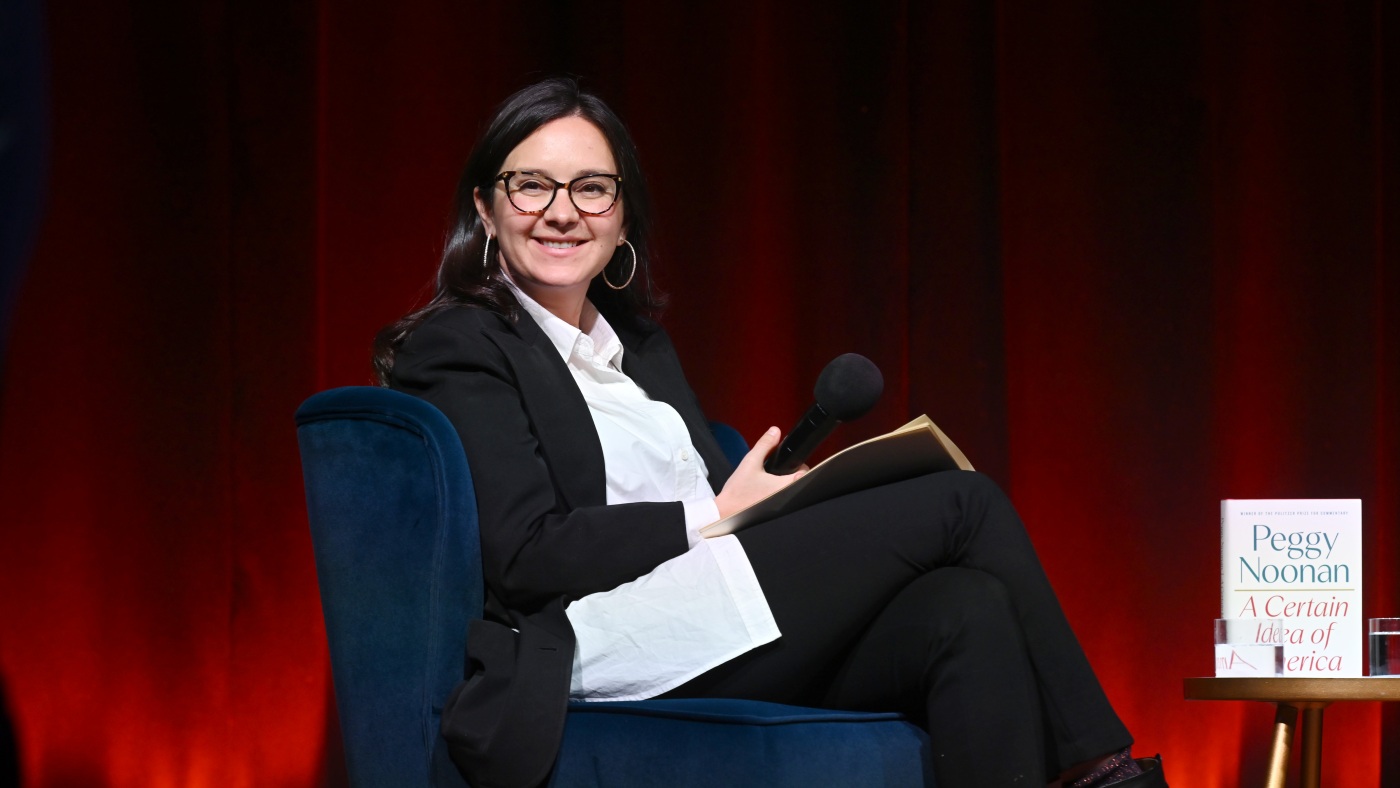Bari Weiss, known for her strong opinions and controversial exit from the New York Times, is stepping into a new role at CBS News as editor in chief. This move comes as CBS, now under Skydance Media, aims to attract a more conservative audience.
Weiss founded The Free Press, a platform she launched to challenge what she sees as the rigid standards of mainstream media. After her departure from the New York Times in 2020, where she spoke out against a culture she found intolerant, she has carved out a niche for herself by promoting open dialogue and critiquing cancel culture. Her goal at CBS will be to redefine its image, especially in light of accusations of liberal bias from figures like former President Trump.
However, Weiss is entering a complicated situation. CBS News is facing potential layoffs of up to 10% of its workforce, alongside the usual challenges of managing a vast news operation. Current CBS employees have mixed feelings about Weiss. While some hold back judgment, they’re curious to see if she promotes fresh ideas or simply enforces her own views.
What sets Weiss apart is her entrepreneurial spirit. She previously worked as an editor at both the Wall Street Journal and the New York Times, where she gained attention for her contrarian approach. Despite lacking traditional broadcasting experience, she plans to keep The Free Press running alongside her role at CBS, ensuring it maintains its identity and audience.
Weiss’s move reflects a larger trend in media. In recent years, audiences have increasingly turned to alternative news sources for perspectives that challenge mainstream narratives. For instance, The Free Press has critiqued established media coverage, especially around significant events like the Israel-Hamas conflict.
The acquisition of The Free Press by Skydance Media, led by David Ellison, signals a shift toward a more conservative viewpoint in media. Ellison has been open about his intentions to balance the political dialogue within CBS and has already made commitments to diversify perspectives represented in their programming.
Historically, CBS has been seen as a bastion of traditional journalism. However, Ellison’s backing of Weiss and her brand indicates a shift towards embracing more varied and perhaps more conservative voices. This is part of a broader strategy; the FCC has indicated that changes within the network aim to rebuild trust in media, especially among viewers who feel marginalized by the prevailing liberal narratives.
As Weiss takes on this role, both media analysts and the public will be watching closely. The question remains: will she succeed in transforming CBS into a network that resonates with a broader audience, or will she become another voice in the noisy landscape of modern journalism? The evolving dynamics of media preferences will likely dictate her path forward.






















